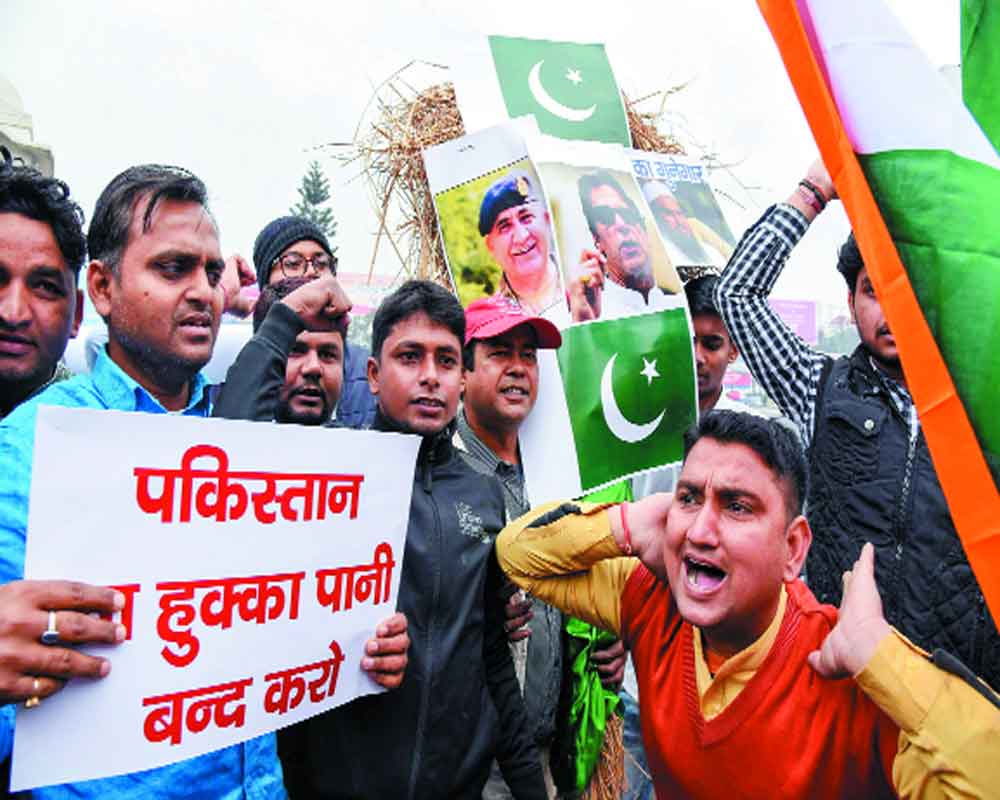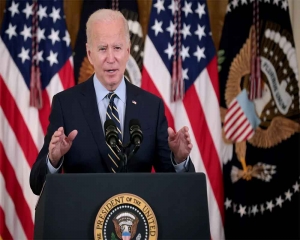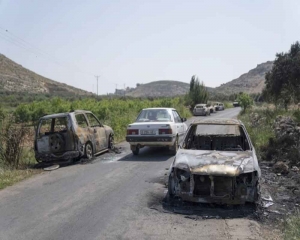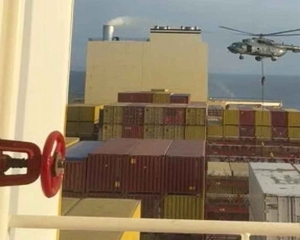With its economy in the doldrums and given its failed inter-provincial relationship, Pakistan has no alternative but to spill out, and India is the only destination
Every week, news comes in that Pakistan is moving towards bankruptcy. True, several countries like China and Saudi Arabia have shown sympathies and given financial aid. However, if Karl Marx were around today, he might have said that loans are the opium of the classes. What could be true of the classes would be true of countries, too. It is too early yet to forget that in 1990, the Reserve Bank of India was sending gold to banks in London as pledge for loans in foreign exchange. The Pakistani crisis is far more serious because not only is there a financial paucity but also an impending economic collapse. The country is still essentially agrarian and feudal, and there has been little development since the British departed in 1947. In the meantime, the population has multiplied to reach nearly 180 million. Moreover, Islam commands a great deal of devotion from its followers but in turn, it does not encourage economic attention in contrast to the Protestant work ethic.
Since the advent of the Baghdad Pact in 1955 and SEATO in 1954, Pakistan has been the beneficiary of American military and other such aid, which helped the economy in general and imports in particular. That aid is drying up because of the country’s active association with terrorism, the Taliban and others. Cereals and other basic food items are not a problem yet, but Pakistan has run out of red meat. Way back in the days of Field Marshal Ayub Khan’s presidentship, it could be foreseen that the supply of beef would become a problem. He had, during his time in the mid-sixties, declared one-day a week meatless. Now with the shortage of foreign exchange, how can imports be sustained? All these developments and more are a concern for India, too, not merely out of human sympathy but also on account of self-interest. How? We must anticipate this to plan ahead.
Another grave weakness of Pakistan is its inter-provincial relationship. All the three other Provinces, namely Balochistan, North-West Frontier Province and Sind, resent Punjab, which holds two-third of the population. Punjab dominates, if not monopolises the Army and the bureaucracy. There have been separatist movements in all three smaller Provinces. The Pathans or Pakhtoons look to the Afghans as their brothers. Jio Sindh is not active at present but sentiments are alive. Balochs openly say they want to separate and killings take place frequently. Disunity does not augur well for Pakistan. Hence, Islamabad tries to divert everyone’s attention by stoking Kashmir as a daily issue.
India was partitioned in 1947 on demand of most Muslims of the sub-continent, who aspired that their new homeland would become a New Medina. The old Medina was the first Islamic state, founded by Prophet Muhammad in 622 CE after his hijrat or migration from Mecca. When he ascended to heaven, his representatives or Caliphs took over one by one. They were conceptually the spiritual as well as temporal heads of all Islam, effectively the Sunnis, who comprise 90 per cent of the world community, called the ummah. In 1924, Mustafa Kamal Ataturk, the new unquestioned head of Turkey, abolished the Caliphate and exiled the incumbent. That was the end of the symbolic head of all Islam. Muslims everywhere would like that institution to be recreated. The dream of the pre-1947 Muslims of India was that Pakistan would be the cradle of this recreated Medina.
The same sentiment in Arabia is reflected in the Islamic State (IS), which fought in Iraq against Baghdad and against the Syrian Government in the ghastly civil war that has just ended. Sentiment was so strong and widespread in India that Pakistan became a reality even with its two wings, 1,600 kilometres apart. Bangladesh broke away in 1971 and exploded the myth that Islam alone can bind any country together.
The same fissiparousness spread inside the western wing of Pakistan to emphasise that Islam cannot alone be the binding factor of any country or its parts. Followers have been too ambitious to expect religion to be a total prescription for life and not merely a spiritual path to connect man and God.
There must be leaders in Pakistan, who now realise this truth as well as recognise that but unfortunately, no other ideology or political basis has been allowed to sprout and grow. In short, Pakistan has allowed itself to get trapped in a blind alley.
The only way out is to explode and that holds a grave danger for India. If the people have no alternative but to spill out, India is the only destination. What Bangladeshis did to India in yesteryears, Pakistan could do in the years to come. To be deceived once is ignorance but to be deceived again is lunacy. Fencing one’s border is a wise measure. US President Donald Trump is building a wall across the southern border of America against the wishes of the Congress, which refuses to grant him a big enough budget. But how can one fence the sea shores?
Migrations by boat people are legendary, whether in Asia out of Vietnam, into Europe via sea or America from Haiti.
Over and above, to fence the land borders, there has to be alert by internal security who must be helped by watch towers on the entire border, sea or land. The Aadhaar card is alright as a negative check but all adult citizens must be issued domestic passports to be okayed only after strict inquiries, much stricter than before giving out passports to travel abroad. With a passport, a person can settle in permanently. With India’s diversity, there would be no alternative but comprehensive vigil. Sooner or later, surreptitious infiltration is inevitable in large, medium or small measure.
Hence, above all, supreme deterrence is needed. Remember, Pakistanis would have friends and relatives who have been in India since time immemorial. Very few Bangladeshis had this advantage; their allies were politicians with their eyes on building vote banks.
Further help to the agonised and otherwise helpless people of Sindh, as well as Balochistan, should be contemplated. Remember, Sindhi locals hardly played any part in driving out the Hindus. That unfortunate role was played by the Mohajirs after they landed in Karachi and had to either live in camps or sleep on the streets. In fact, Sindhis were nowhere near the forefront of the demand for Pakistan, and their leadership had wondered as to how their economy could function efficiently without Hindu Amil officials and Bhaiband businessmen.
Balochistan, until late in 1948, had an Embassy in Karachi, which clearly showed that in terms of British tradition, the region had a distinct status and did not need an accession to either dominion, India or Pakistan. Nevertheless, the Khan of Kalat came to Delhi and officially called on Prime Minister Jawaharlal Nehru and requested for Balochistan to be taken over as a part of India. Nehru politely declined. If either or both of these Provinces can release themselves from Islamabad’s clutches and become autonomous again, they can be of much help to New Delhi.
(The writer is a well-known columnist and an author)


























